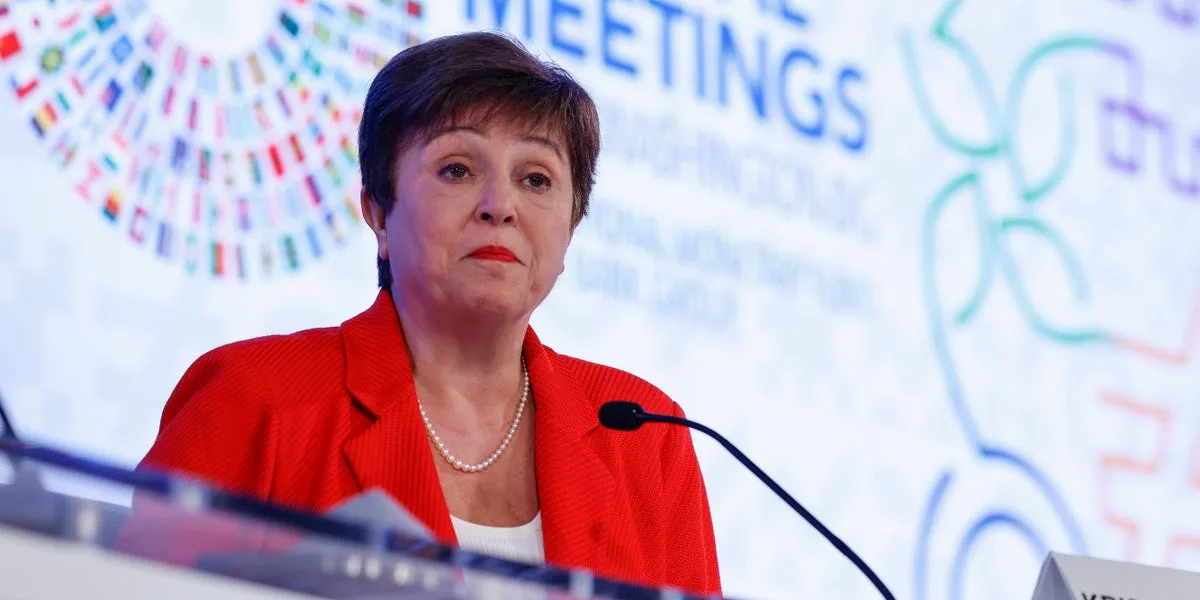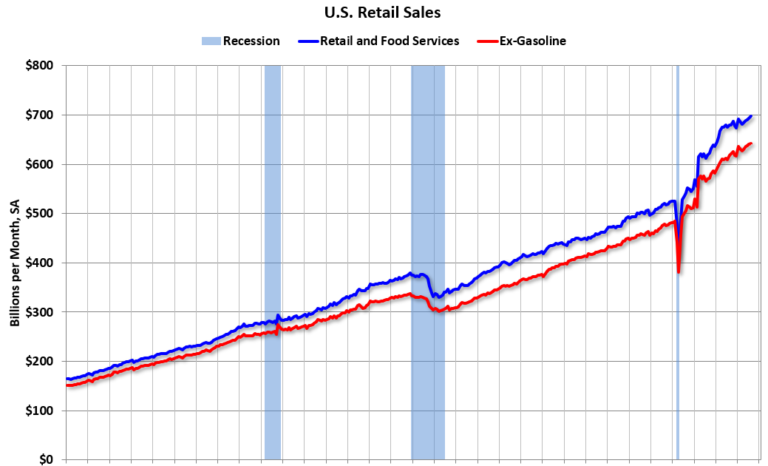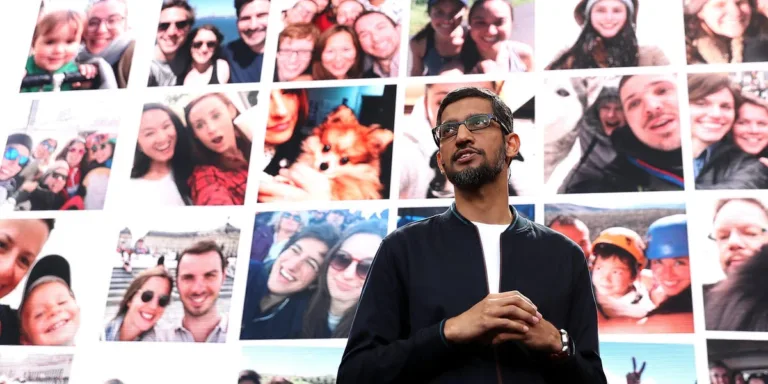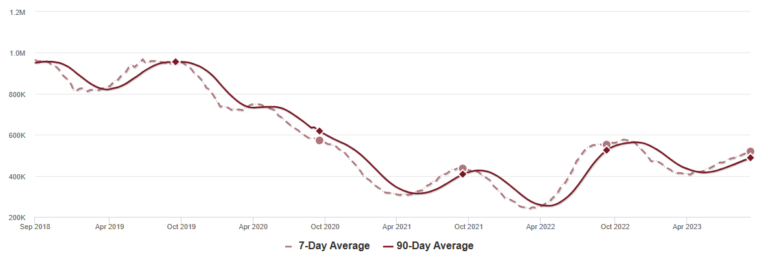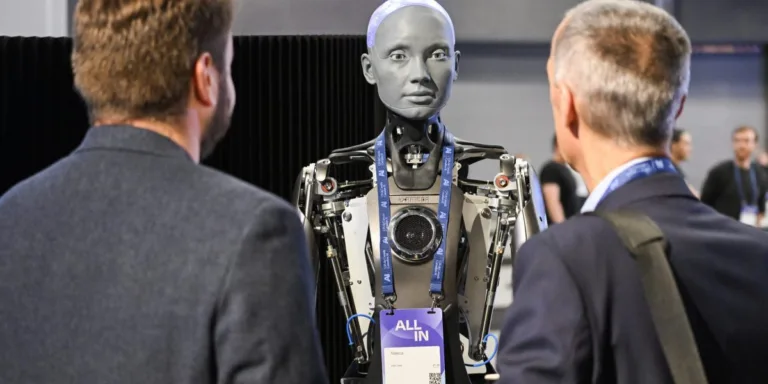AI’s Impact on Global Employment: IMF Chief Warns of Inequality
Roughly 40% of Jobs to be Affected by AI: IMF Chief Warns of Inequality
The Managing Director of the International Monetary Fund (IMF), Kristalina Georgieva, predicts that the rise of artificial intelligence (AI) will impact approximately 40% of jobs worldwide. In a recent blog post, Georgieva stated that advanced economies will face greater risks and opportunities compared to emerging markets and developing economies.
Higher Risk in Advanced Economies
Georgieva highlighted that advanced economies will be more affected by AI due to its ability to impact high-skilled jobs. In these economies, approximately 60% of jobs are expected to be influenced by AI. While about half of these jobs may benefit from AI integration in terms of enhanced productivity, the other half could face challenges. AI applications could mimic key tasks typically performed by humans, potentially resulting in reduced labor demand, lower wages, and reduced hiring.
Less Immediate Disruptions in Emerging Markets
In contrast, Georgieva expects emerging markets and developing economies to face fewer immediate disruptions from AI. However, she emphasized the importance of these countries proactively mitigating potential future impacts and ensuring comprehensive social safety nets and retraining programs for vulnerable workers.
Addressing Inequality and Social Tensions
Georgieva called on policymakers around the world to be proactive in addressing the inequality and social tensions that AI advancements may amplify. She emphasized the need for comprehensive social safety nets and robust retraining programs to support workers facing the impact of AI.
Warnings from Various Sectors
Georgieva’s concerns align with similar warnings from other industry leaders. Goldman Sachs previously stated in a report that AI has the potential to disrupt over 300 million jobs. Additionally, LinkedIn’s Vice President, Annesh Raman, emphasized the growing importance of soft skills as AI reduces the value of technical skills.
As the world prepares for the widespread integration of AI, policymakers and organizations are urged to focus on minimizing inequality and supporting workers through social safety nets and retraining initiatives.
